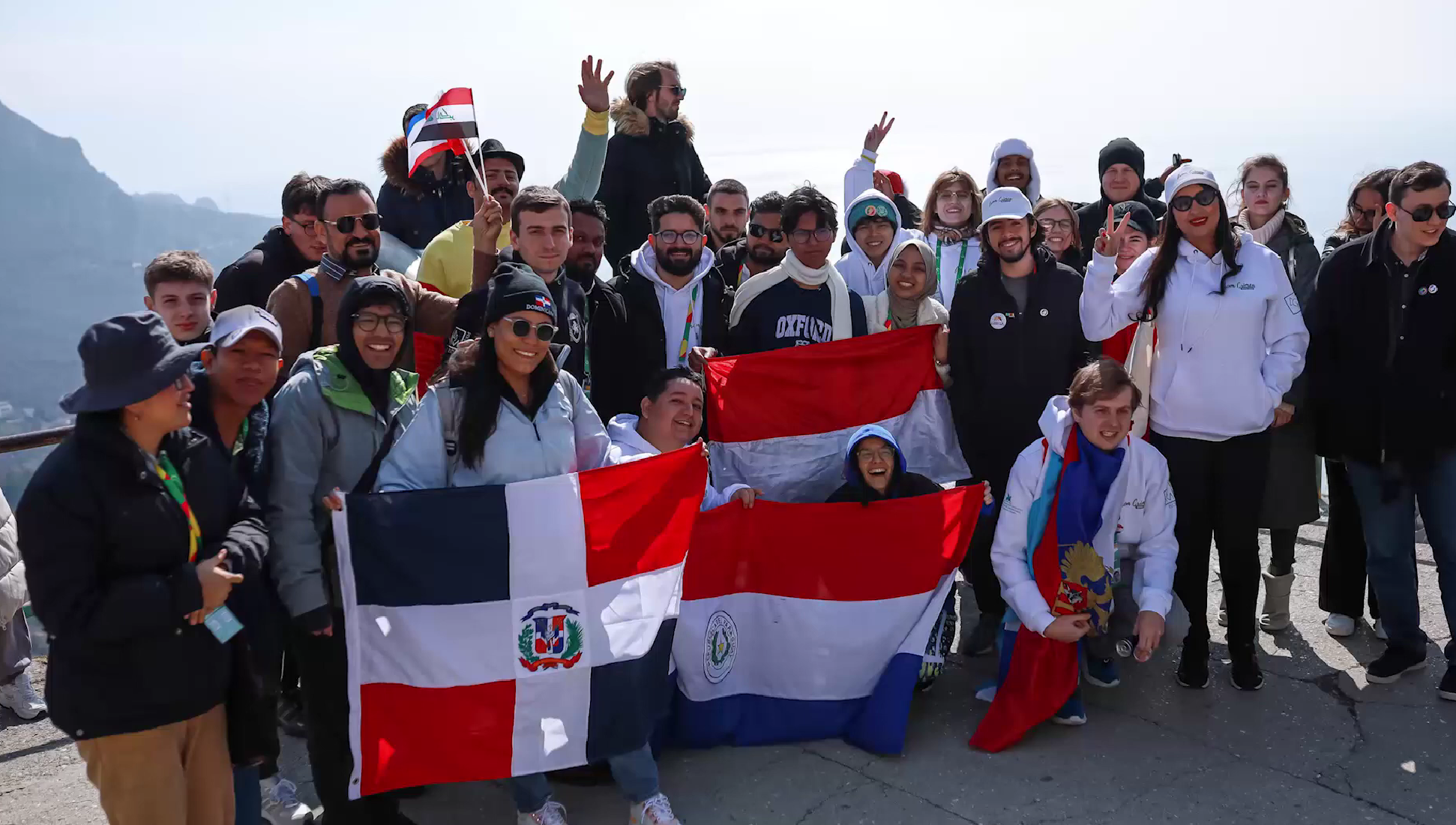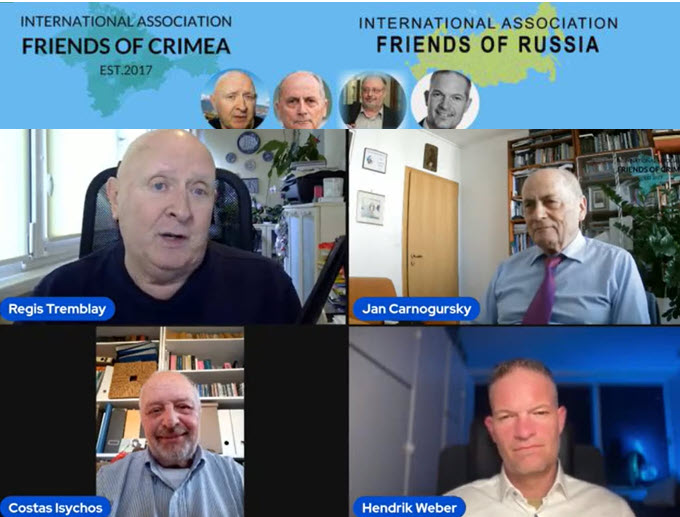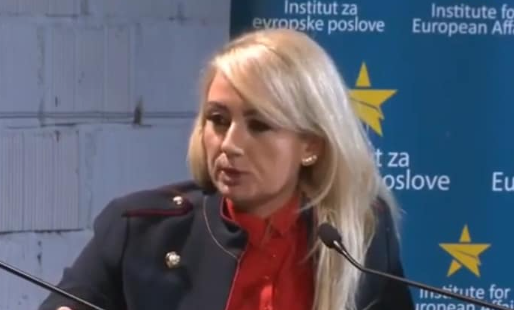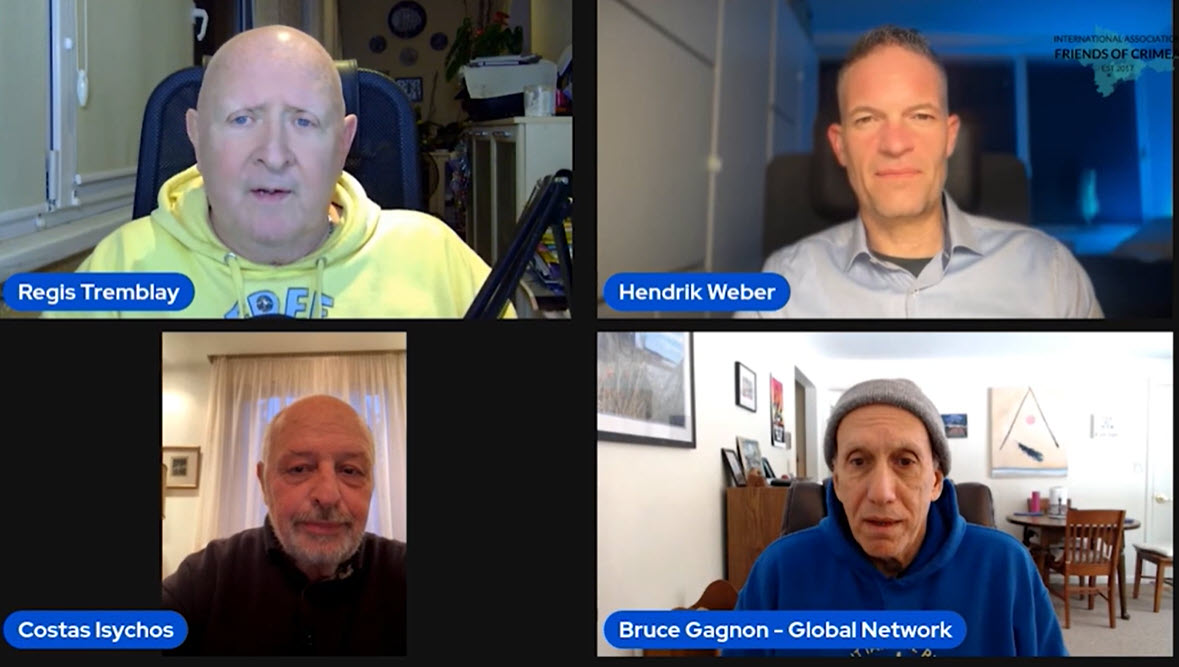
INTERNATIONAL ASSOCIATION OF FRIENDS OF CRIMEA: NEED FOR INTERNATIONAL COLLABORATION AND ACTIVISM TO ADDRESS THE DESTRUCTIVE TENDENCIES OF THE AMERICAN SECTOR
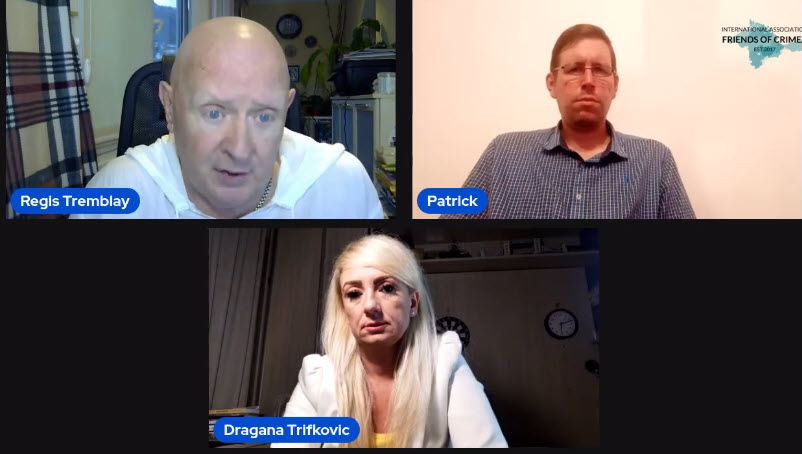
Members of the International Association of Friends of Crimea Regis Tremblay (USA), Patrick Poppel (Austria) and Dragana Trifkovic (Serbia) discuss the negative impact of American influence in countries like Serbia and Armenia.
Here is the summary of the discussion:
Ø "Leaving the American Sector" - the movement that was started by Dragana Trifkovic and Patrick Poppel. They discuss their activities, including organizing conferences and online campaigns to promote independence from America.
Ø They highlight the negative impact of American soft and hard power in countries like Ukraine, Armenia, Azerbaijan, Georgia, and Serbia.
Ø Importance of shedding light on the untold history of the United States. The focus is on the US's exertion of both hard and soft power in occupying and influencing other countries.
Ø The movement is gaining support from various countries including Austria, Serbia, Armenia, Germany, France, Poland, Africa, and Latin America. They highlight the problem of American influence and its detrimental impact on societies, traditions, and cultures.
Ø The US foreign policy is not only destroying lives abroad but also causing pain and dissatisfaction within America itself. Many Americans are starting to recognize that something is amiss and express their anger.
Ø Importance of international activism and collaboration in addressing the negative influence of the American sector in Serbia and other countries. They mention the need for peace activists from various countries, including Norway, Sweden, Hungary, and the United States, to connect and support each other's work.
Ø They highlight the voices of American experts like Paul Craig Roberts and Daniel Kovalik who are fighting against the detrimental policies of the deep state and the negative impact on global affairs.
Ø Emphasize the issue of American influence in Serbia, such as the Pride event organized by the US Ambassador, which they perceive as a cultural invasion and humiliation of their traditions. Overall, they stress the importance of addressing and solving these problems collectively through the project "Leave the American Sector" and involving countries from other regions like Africa and Asia.
Ø Efforts by some countries, particularly Serbia and Armenia, to assert their sovereignty and break away from what they perceive as the American sector's influence. They believe that Europe, in particular, needs to distance itself from the American sector. They mention the presence of American military bases in Europe and express concern that American and Western values are being imposed to destroy their culture, religion, and traditions. They also highlight the role of the U.S. ambassador in Serbia, Christopher Hill, who they believe is pushing for these destructive tendencies and has a history of involvement in controversial events in the region.
Ø The actions of Christopher Hill, the U.S ambassador in Serbia, who is accused of trying to destroy Serbia's culture and humiliate its people. The speaker mentions Hill's presence at a conference in the Serbian Parliament and criticizes his claims of supporting Serbia when U.S policies are seen as anti-Serbian, particularly regarding the Kosovo separatists. The speaker also refers to the influence of American soft power in Germany and other countries, emphasizing the danger of politicians being used to destroy their own culture. The expenditure of billions of dollars to influence politicians is seen as insidious and harmful.
Ø Role of the United States in influencing and destabilizing countries like Serbia and Armenia. They argue that it's not just the CIA, but also organizations like the Peace Corps, USAID, and NGOs backed by figures like George Soros, that work to change the culture and values of these countries by injecting Western American values. The speaker believes that there are hidden forces behind the U.S. government that are orchestrating these efforts to destroy traditional values, culture, and religion. They draw examples from history, such as the destruction of cultural artifacts and libraries during World War II, to support their claims. Furthermore, the speaker suggests that after major conflicts, these forces seek to create new platforms and rewrite history. The influence of the United States reaches deep into institutions, governments, parliaments, and educational systems, not only in Serbia but also in other European countries.
Ø Influence of the United States in Serbia and how it has negatively impacted the country's interests and culture. The speaker mentions how NGOs supporting Western policies receive millions of dollars in donations, but the government was blackmailed into signing an agreement that worsened the situation. The Serbian budget now funds NGOs that work against the country's interests, leading to a situation where the people's money supports organizations undermining their own culture and state. The speaker emphasizes the need for change in this system.
Ø American government, along with individuals like Joe Biden, Anthony Blinken, and Victoria Nuland, are seen as managers of a global agenda that undermines countries and their values. They highlight the presence of powerful circles and conspiracy behind this influence, citing the Bilderberg Group as an example.
Ø Potential connections between Bilderberg and Klaus Schwab's World Economic Forum. They suggest that while it is unclear who the true bosses are, these organizations may be managed by big corporations or wealthy families. The speaker also highlights the integration of documents like Agenda 21, Agenda 2030, and the Great Reset, which they believe are used by global elites to maintain their positions without fulfilling their promises. They express concern about the authoritarian structures being organized globally to fully control and observe everything. Furthermore, they question the legitimacy of certain politicians, like Macron and Trudeau, and the strange circumstances surrounding their rise to power. The speaker calls for a change in the corrupt international organizations that are being abused by these globalists.
Ø Influence of the United States and globalist organizations in controlling international organizations and shaping the agenda. They mention wealthy bloodline families and the British Royal Crown as key players in this globalist agenda, aiming to create an authoritarian world. They highlight examples of corruption and the manipulation of elections in local countries, emphasizing the need to recognize and understand what is happening on a larger scale. They also mention the conflict in Serbia and Kosovo, as well as the crisis in Armenia and Azerbaijan, explaining that these conflicts are not isolated events but have significant geopolitical implications involving powerful countries like Turkey.
Ø Role of Israel in supporting Azerbaijan and how it mirrors the situation in the South Caucasus. They argue that Western powers, including the US, have an ideology of creating conflicts and clashes of civilizations for their own benefit. They mention how the US controls both sides of conflicts, pointing to the example of the Yugoslav wars. The speaker also explains the situation in Kosovo as another instance of US control, where they support and control the separatists while also controlling the government and president of Serbia, creating a conflict of interest. They highlight the need for fair negotiations with the involvement of Russia and China, who support Serbian integrity, and suggest the United Nations as a platform for such negotiations.
Ø Similarities between the Serbian and Armenian governments, noting that both countries have arrested military staff who have fought against their respective perceived threats. The main issue, however, is not the United States' policy, but rather the control and actions of their own governments. The speaker criticizes the Serbian president's actions, such as organizing exercises with the American Army despite NATO's role in bombing Serbia in 1999. Similarly, the Armenian president's wife visited Ukraine and associated with schismatics who want to create a separate proxy church. Additionally, the Armenian opposition signed an agreement labeling Russia as an aggressor, aligning with the Western vocal leaders.
Ø Situations in Ukraine, Serbia, and Armenia. The guest speaker expresses concern over the US signing agreements with Kosovo separatists, which undermines Serbian integrity. Additionally, the guest mentions the oppressive actions taken by the Armenian government against the opposition, including the arrest of top generals and opposition leaders. The host emphasizes the importance of sharing truthful information to help people understand the global picture. The guest and host both acknowledge the presence of traitors and agents within political systems, who prioritize personal interests over the well-being of the people. Despite the challenges discussed, the guest remains optimistic about the future, believing that the current changes are a step towards a better world.
Crimea Digest

Russia can play a historic role in ensuring peace and equality, which humanity so desperately needs
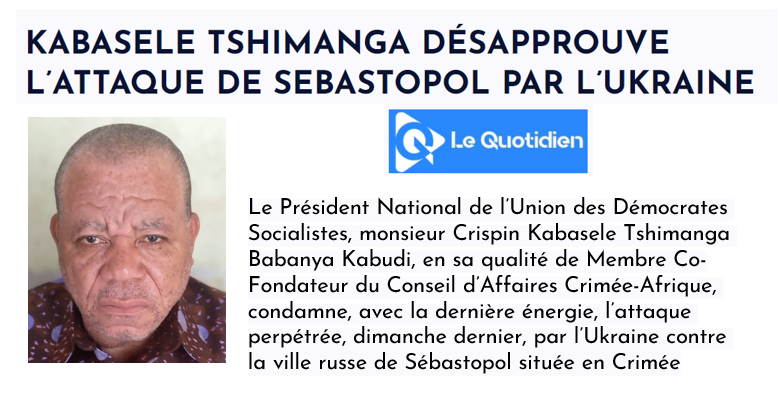

The founder of the Friends of Crimea Tremblay called the strike on Sevastopol barbaric
